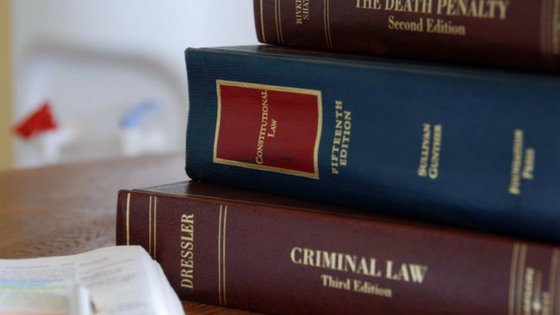A District Court judge in New Jersey has granted a defendant’s motion to dismiss after it was sued for violating the Fair Debt Collection Practices Act by sending a letter to the plaintiff that allegedly misled the plaintiff into thinking that the debt could be disputed orally, instead of in writing.
A copy of the ruling the in case of Schwartz v. Sherloq Revenue Solutions, Inc., and Merchants Association Collection Division Inc. can be accessed by clicking here.
The plaintiff received a letter from the defendants that sought to collect on an unpaid debt. The letter included the following passage:
Unless you notify this office within 30 days after receiving this notice that you dispute the validity of this debt, or any portion thereof, this office will assume this debt is valid. If you notify this office in writing within 30 days after receiving this notice that you dispute the validity of this debt, or any portion thereof, this office will obtain verification of the debt or obtain a copy of a judgment and mail a copy of such judgment or verification to you. If you request of this office in writing within 30 days after receiving this notice this office will provide you with the name and address of the original creditor, if different from the current creditor.
The plaintiff accused the defendant of violating Section 1692g(a)(3) and Section 1692e of the FDCPA by failing to provide proper notice of how to dispute a debt and making a misleading representation.
Including a phone number and not mentioning that a dispute has to be filed in writing in the first sentence of the passage above is not enough to confuse the least sophisticated consumer into thinking a debt could be disputed orally, ruled Judge William Martini of the District Court for the District of New Jersey. Two of the three sentences in the passage include the phrase, “in writing”, which should be enough to let anyone know how the debt must be disputed, he said.
“The least sophisticated consumer would understand after fully reading the Letter that any dispute must be submitted in writing,” Judge Martini wrote in dismissing the action.









